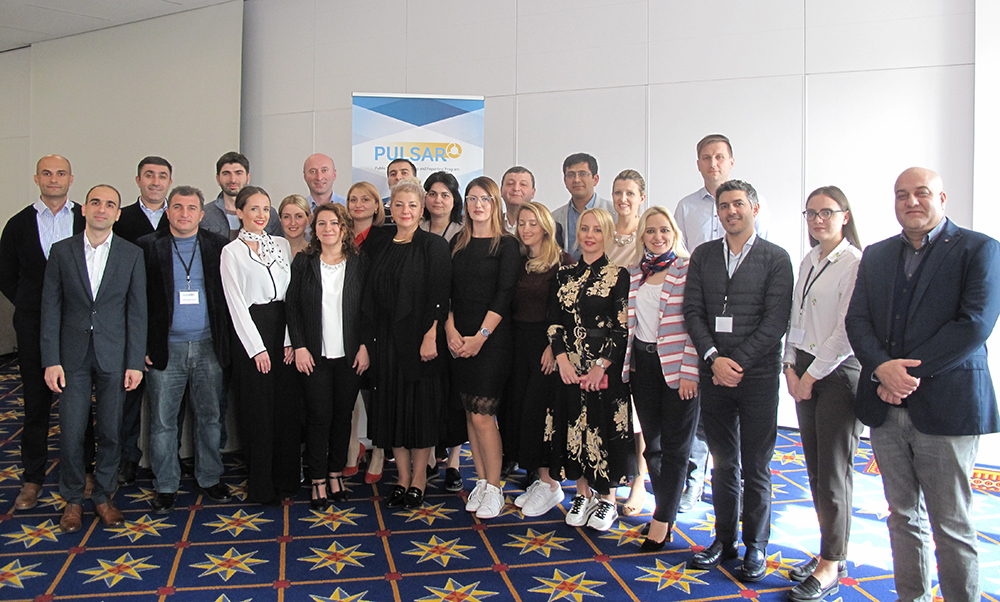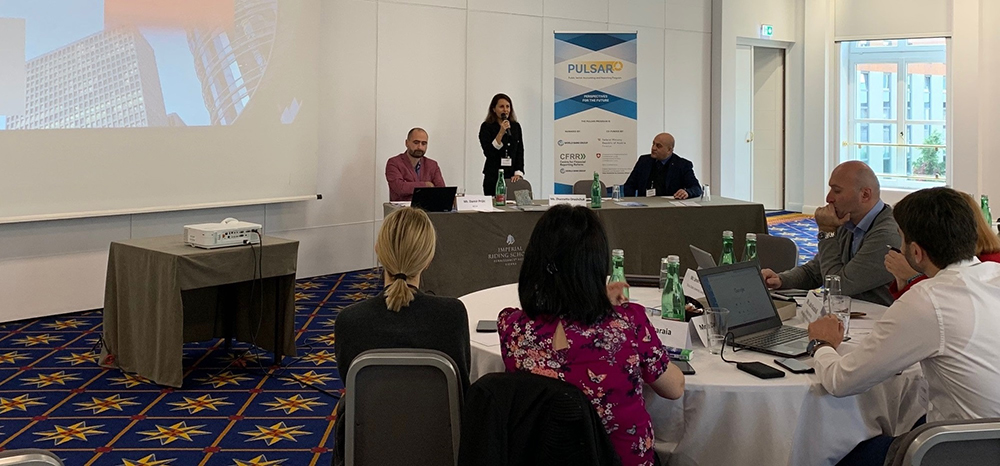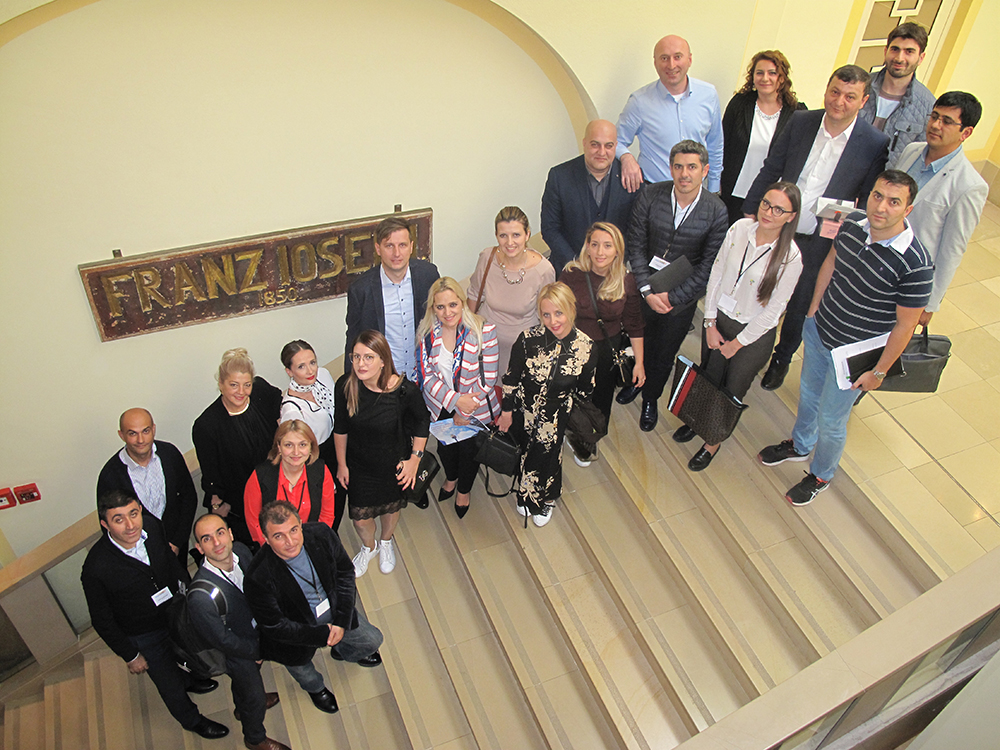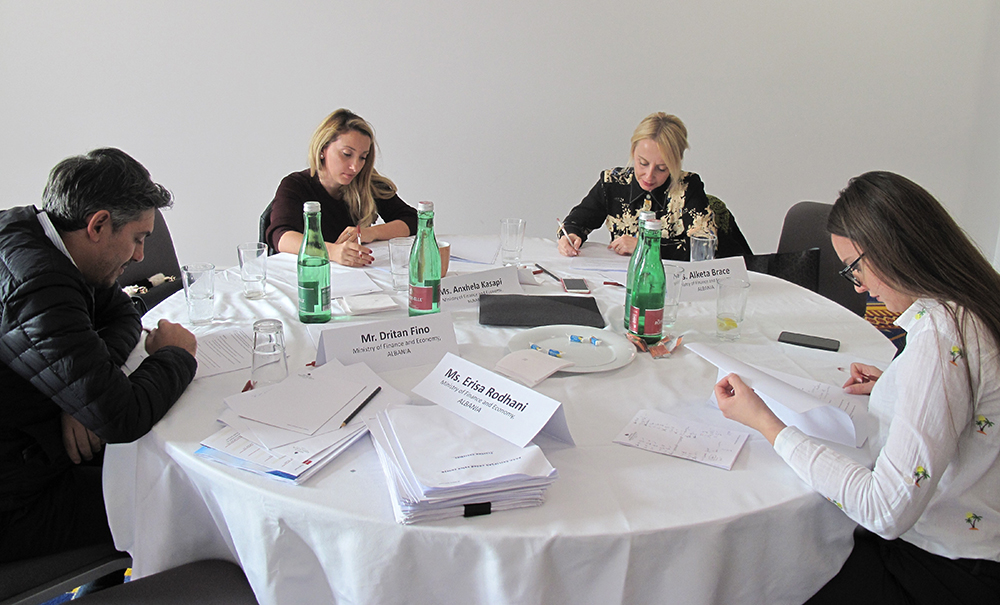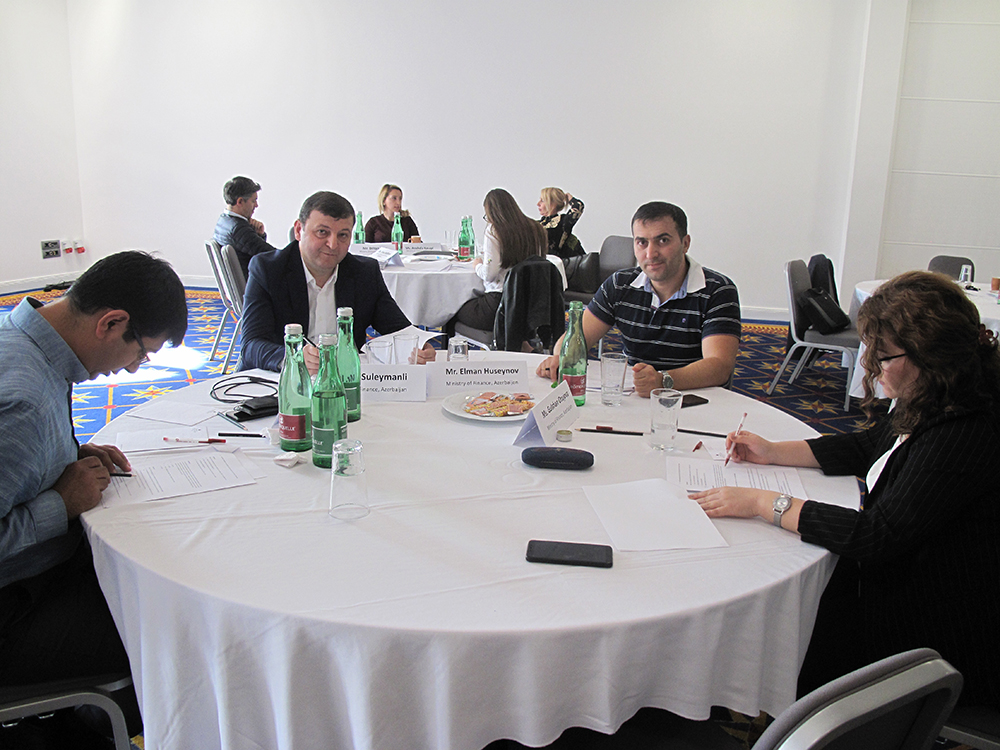The PULSAR program is a regional and country-level program targeting the Western Balkans and the EU Eastern Partnership countries to support the development of public sector accounting and financial reporting frameworks in line with international standards and good practice. It was established to scale up World Bank support for Public Financial Management reform and improve government accountability, transparency, and performance.
The PULSAR Education Community of Practice (EduCoP) supports the development of public sector accountants and the development of an in-house capacity to deliver high-quality training and provision of educational programs based on International Public Sector Accounting Standards (IPSAS). A five-day course on IPSAS was recently organized by the PULSAR EduCoP as part of the IPSAS Training of Trainers Program (ToT) in Vienna from October 07- 11. The objective of the ToT program is to ensure the delivery of the IPSAS ToT course to core groups of trainers from PULSAR participating countries. Twenty-two participants attended the course including individuals from the Ministry of Finance, universities involved in accounting programs, Professional Accounting Organizations and/or Government training academies. The course was delivered by the Association of Chartered Certified Accountants (ACCA).
The course content included:
- An overview of the IPSAS Conceptual Framework, the role of the IPSAS Board, how standards are developed and the global application of IPSAS.
- Technical requirements of accrual based IPSAS in effect on January 1, 2019 on a standard by standard basis
- Guidance on applying IPSAS in practice with the aid of multiple-choice questions and exercises.
- Technical requirements of cash basis IPSAS in effect on January 1, 2019 and the main differences between cash basis IPSAS and Accrual based IPSAS.
The course was delivered using a competency-based approach and learning outcomes were assessed through an assessment administered at the conclusion of the course. Participants who demonstrated a sufficient level of competency were awarded a certificate of completion. Participants were also provided with all related training materials, including presentations and teaching guides, which may be used to replicate the course in the participating countries.
